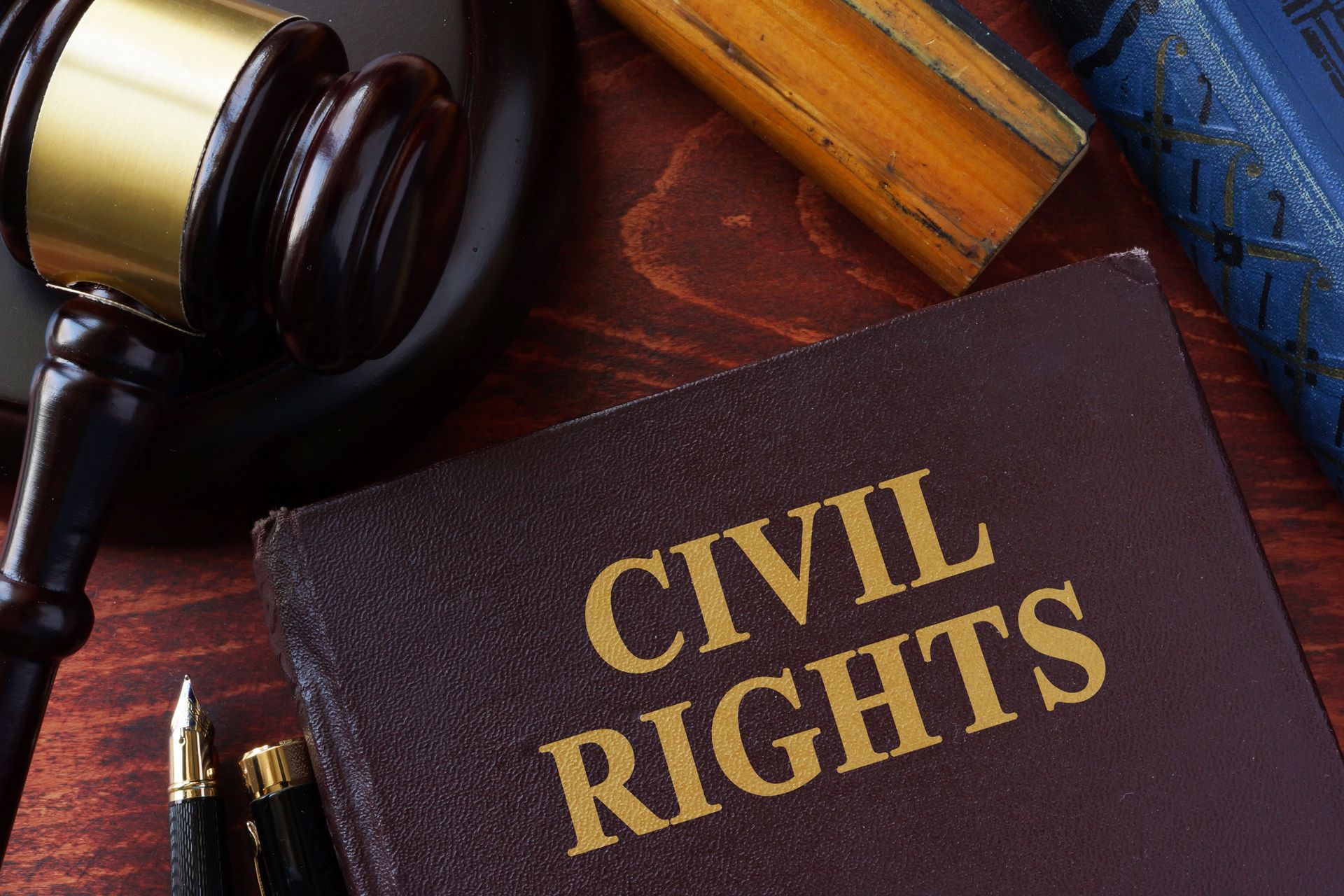Civil Rights Representation in Honolulu, HI
Civil rights law protects individuals from unlawful discrimination, abuse of power, and violations of constitutional freedoms. In Honolulu and throughout the State of Hawai‘i, civil rights are enforced through both federal and state legal systems. When those rights are violated by employers, law enforcement, or public institutions, legal action may be necessary. Andre S. Wooten, Attorney At Law, represents individuals who have experienced civil rights violations and helps them pursue accountability through legal channels.
Understanding Civil Rights Law in Hawaii
Civil rights cases involve the protection of fundamental freedoms guaranteed by the Constitution, federal statutes, and Hawaii state law. These rights include freedom from discrimination, equal protection under the law, due process, and freedom from excessive force. Violations may occur in the workplace, during interactions with police, in schools, housing decisions, or through governmental abuse.
Legal Foundations
Federal laws such as Title VII of the Civil Rights Act, the Americans with Disabilities Act, and the Civil Rights Act of 1871 (Section 1983) form the foundation of civil rights enforcement. In addition, Hawaii’s own civil rights statutes provide further protections for residents against discrimination and abuse.
Common Types of Civil Rights Violations in Honolulu
Police Misconduct and Excessive Force
Cases of unlawful use of force, wrongful arrests, illegal searches, or racial profiling can give rise to civil rights lawsuits. Victims of police misconduct may file claims under Section 1983 for violations of their Fourth or Fourteenth Amendment rights. These cases often involve incidents where officers used excessive physical force or detained individuals without legal cause.
Discrimination Based on Race, Gender, or Religion
Unfair treatment in employment, education, housing, or public access due to a person’s race, sex, national origin, or religion is prohibited by law. Discriminatory practices by employers, schools, landlords, or government agencies may lead to both state and federal claims.
Violation of Title VII
Title VII of the Civil Rights Act of 1964 prohibits workplace discrimination based on race, color, religion, sex, or national origin. If an employer treats an individual unfairly during hiring, promotion, discipline, or termination based on these categories, it may constitute a Title VII violation. Complaints must generally be filed with the Equal Employment Opportunity Commission (EEOC) before a lawsuit can proceed.
Retaliation for Protected Activities
Individuals who report unlawful behavior—such as discrimination, harassment, or police abuse—are legally protected from retaliation. If a person experiences punishment, demotion, or hostility after speaking out, legal remedies may be available under civil rights law.
Denial of Due Process
Government entities must follow fair procedures before depriving individuals of life, liberty, or property. Violations of due process may occur in school expulsions, government employment actions, or public benefit determinations. These cases require demonstrating that procedures were not properly followed or that decisions were made arbitrarily.
Legal Process for Civil Rights Claims
Civil rights cases typically begin with documenting the violation and determining the appropriate legal venue—federal court, state court, or administrative agency. Cases may be filed against individual actors (such as a police officer), government agencies, or private employers depending on the nature of the violation.
Filing Complaints with Agencies
Many civil rights claims must begin with a complaint to an administrative agency. For employment-based violations, this may involve filing with the EEOC or the Hawaii Civil Rights Commission. Timelines for these filings are limited and must be followed closely to preserve legal rights.
Evidence and Case Preparation
Successful civil rights litigation requires strong documentation. This may include video recordings, witness statements, emails, police reports, internal memos, or personnel files. In some cases, expert testimony is required to explain the nature and impact of the rights violation.
Statutes of Limitation
Civil rights claims are subject to strict time limits. For example, federal Section 1983 claims in Hawaii typically have a two-year statute of limitations. Administrative complaints often have deadlines as short as 180 days. Failing to act within these windows may forfeit a person’s right to pursue legal remedies.
Civil Rights Advocacy Across Honolulu
Civil rights violations are deeply personal and often systemic. Victims may feel powerless when facing government institutions, law enforcement, or large employers. Legal representation is often essential to challenging discriminatory or unlawful conduct and protecting the rights of individuals who have been harmed.
Andre S. Wooten, Attorney At Law, has a long history of civil rights advocacy in Honolulu. His practice includes handling claims of police misconduct, workplace discrimination, and violations of constitutional protections. He works with clients to understand the facts, assess legal options, and take action through formal complaints, negotiations, or litigation.
Representation Across O‘ahu and All Sectors
Civil rights violations can occur in schools, businesses, police departments, and public agencies. Andre S. Wooten represents clients throughout Honolulu, including communities such as Kaimukī, Mānoa, Makaha, Kāne‘ohe, and Kapolei. His legal services are available to individuals facing systemic injustice, unlawful discrimination, or abuse of power.
For those seeking a
civil rights lawyer in Honolulu, HI, legal support can make a decisive difference in pursuing justice and changing the conditions that caused the harm. Individuals are encouraged to take the first step by speaking with legal counsel about their situation and rights.


